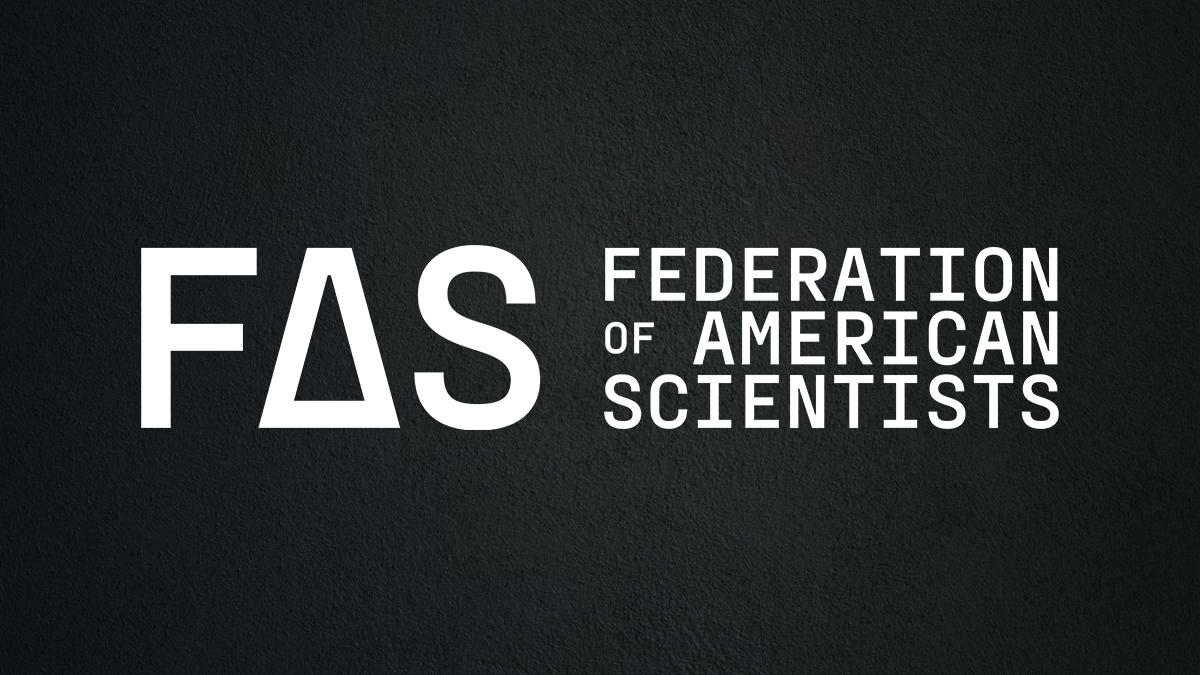
Position on S.1166, The Excess Urban Heat Mitigation Act
The Federation of American Scientists supports S.1166, The Excess Urban Heat Mitigation Act.
The Excess Urban Heat Mitigation Act would establish a $30 million dollar grant program at Housing and Urban Development to support efforts to address urban heat via cooling infrastructure, such as green and cool roofs, reflective pavements, shade infrastructure, and tree planting and maintenance, and community resilience actions, such as cooling centers and heat mitigation education. These efforts align with key recommendations from the FAS 2025 Heat Policy Agenda to transform the built and landscaped environment to make it more resilient to the impacts of extreme heat.
“Extreme heat is the leading weather-related cause of injury and death and innovations in the built environment can save money and lives,” said Grace Wickerson, Senior Manager for Climate and Health at the Federation of American Scientists. “With temperatures already nearing 100°F in parts of the country, we must act now to protect our nation’s people, infrastructure, and economy.”
FAS is launching the Center for Regulatory Ingenuity (CRI) to build a new, transpartisan vision of government that works – that has the capacity to achieve ambitious goals while adeptly responding to people’s basic needs.
This runs counter to public opinion: 4 in 5 of all Americans, across party lines, want to see the government take stronger climate action.
Cities need to rapidly become compact, efficient, electrified, and nature‑rich urban ecosystems where we take better care of each other and avoid locking in more sprawl and fossil‑fuel dependence.
Hurricanes cause around 24 deaths per storm – but the longer-term consequences kill thousands more. With extreme weather events becoming ever-more common, there is a national and moral imperative to rethink not just who responds to disasters, but for how long and to what end.